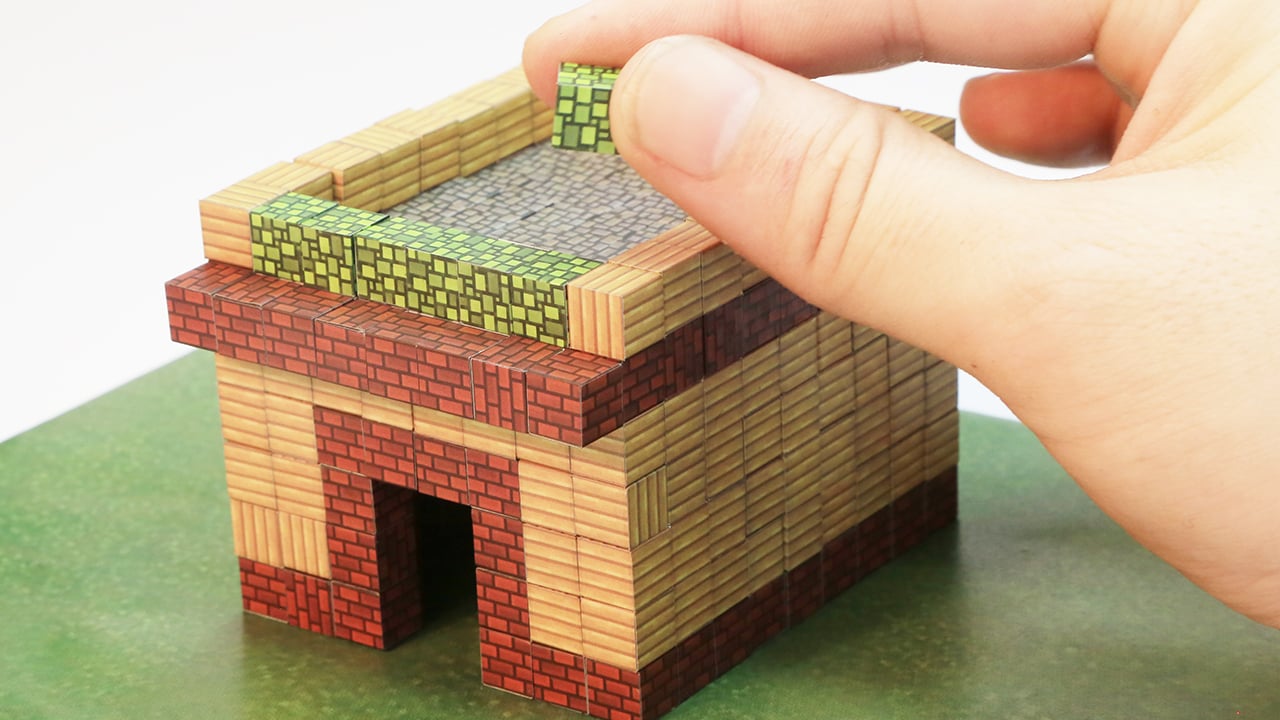
Bullying is not just a problem among children, it affects adults too. Late bullying affects adults too. Research shows that approximately one third of all adults experience at least one act of bullying during the third year of their adulthood. However, not all forms of bullying are bad. Harrowing and threats should not be classified as bullying.
Recently, there has been tension regarding the definition and the constructions of bullying. Experts agree that bullying is based on a victim-branding culture, which describes a situation where one or more students apply repeated acts of harassment or intimidation through threat or force, and these acts are administered to a victim and the victim is not actively involved in engaging in the bullying activity. Bullies may use intimidation tactics without the victim thinking that he or she is being bullied.
Constantly argue with your kids, mock them, cover up their actions, or make them feel like they can not fully immerse themselves in social situations.
Parents need to know their children’s friends and who they are spending time with. So when your kids say they do not like their friends, ask them who they are hanging out with. Identify their friends at school and any friends at your neighborhood.
Parents can also help their children to develop a social network and a true understanding of social interactions. For children with self-esteem issues, ignoring a bully’s request to be around that person can be a powerful lesson. It is important to acknowledge the need to drop the person with whom your child has a negative relationship.
This means you must never speak to someone about his or her donkey Properly. This means that if your child is in the company of someone who uses a personal experience as a reference for amitted infractionto get back at your child, you must block the person. People who lie through bullying-withholding that the other person did the same thing-are not just bullying, they are trying to bullies your children. How your child reacts to these obnoxious, spiteful jabs from these people who bully or intimidate your child will determine his or her fate. Plan a consequence for your child if you know she did not cooperate or if you suspect she was bullied.
We are responsible for theClimate in our homes and our schools. Thecomprehensivelist of procedures that schools should follow in whose care their students is varied. However, in schools there are few things that always should be kept in mind in order to avoid bullying:
1. Make certain to know your rights. There are several acts included in your rights concerning your school. [http://www.kidzone.com/bullying/clock]
2. Notify the authorities should something or someone get hurt in your child’s home.
3.stand with your own safety and health safe. Always make certain to know where you children are going and who they are exposing themselves to.
4. Teach your children to speak out if they are bullied by another child. And never to accept any kind of behavior from bullies.
5. Give time to your children to talk to you.
6. Teach your children how to be safe. Remember, they must be taught how to fight for themselves. Teach them to respond to teasing and laughing by standing up tall and never walking away. They must learn to never get physically hurt.
7. Remember that your children’s rights are always in effect. For more information on your children’s rights, please visit [http://www.kidzone.com/bullying]





More Stories